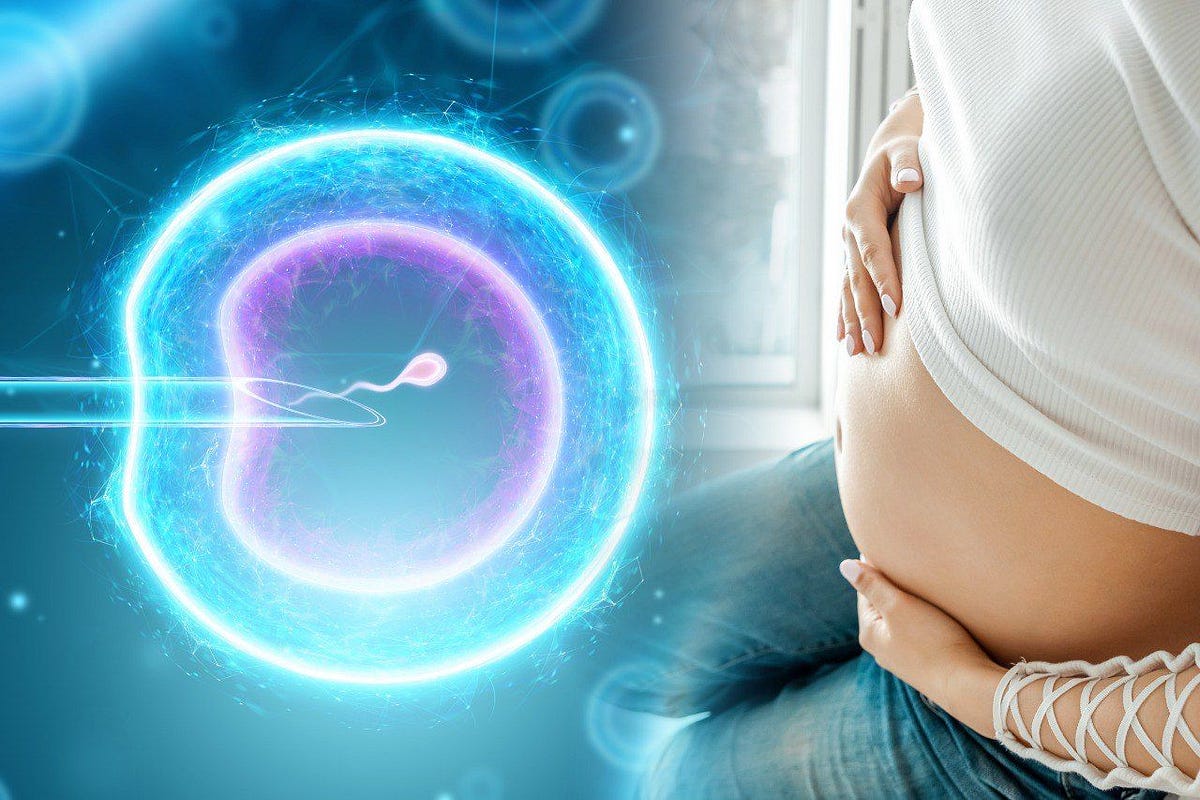Understanding the Function of a Reproductive Endocrinologist in Reproductive Medicine

The Specialty of Reproductive Endocrinology Explained
An endocrinologist is a medical professional with expertise in the endocrine system. Your body’s network of glands produces hormones that facilitate communication between cells. The complex and diverse endocrine system aids in reproduction. To completely comprehend the scope of a Reproductive Endocrinologist’s expertise, continue reading.
A doctor who practices obstetrics and gynecology (OB/GYN) is known as a reproductive endocrinologist. These medical professionals identify and manage endocrine diseases that have a direct or indirect connection to reproduction. Their main area of expertise is infertility, which is the inability to conceive after a year of unprotected sex.
Role Of Reproductive Endocrinologist
A lot of people struggle with infertility. Infertility affects about 15% of couples. Men and women both experience this same problem. Reproductive endocrinologists treat infertility with surgery, medications, or other methods. Prior to devising a treatment strategy, they look for the cause of the issue. To carry out this, they’ll:
Examine your thyroid and blood sugar levels.
Conduct a semen test.
To check for issues, get an X-ray of the uterus and fallopian tubes.
Measure the levels of different reproduction-related hormones with an ovarian reserve fertility test, such as:
Estradiol, the anti-mullerian hormone, and folicle-stimulating hormone
Reproductive endocrinologists use the findings of these tests to accurately diagnose patients. Then, they might suggest actions or provide prescriptions for medications like:
Laparoscopy: A minimally invasive procedure that allows your doctor to see into your body by using a tiny camera.
Hysteroscopy: A procedure where a tiny camera is used to view internal images of the uterus and cervix through the vagina.
Myomectomy of the abdomen: A procedure to remove uterine fibroids.
Additionally, reproductive endocrinologists treat infertility in a variety of ways, such as:
Purifying a sperm sample from one partner and inserting it into the other’s uterus is known as intrauterine insemination, or IUI.
In vitro fertilization (IVF): This process involves transferring the best embryo(s) to the mother’s or surrogate’s uterus after fertilizing one partner’s egg with the other’s sperm in a lab.
When necessary, reproductive endocrinologists can offer medical measures to help you become pregnant and can also assist you better understand your fertility journey.
I hope this information was useful to you.

Comments
Post a Comment